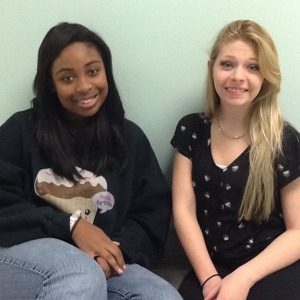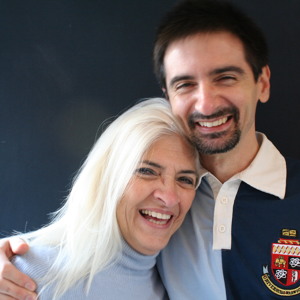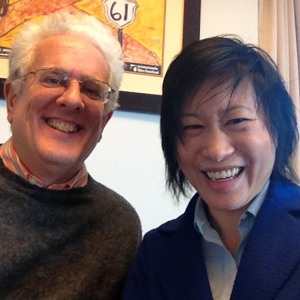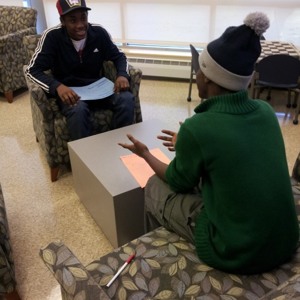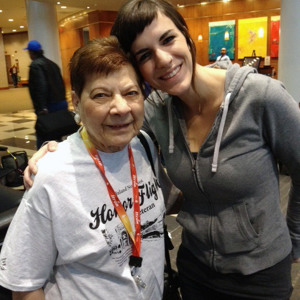You thought Thanksgiving was over on by midnight on Thursday?
No, you have a job on Friday, and it's not Christmas shopping. It's a continuation of the family- and heritage-centered day of giving thanks.
National Day of Listening is November 29. StoryCorps has designated this day for us all to honor a loved one through listening.
http://nationaldayoflistening.org/
What makes us such good friends?
You can sit with someone who was at your Thanksgiving table and ask him or her questions about the life he or she has had. StoryCorps offers a list of great questions.
You could even record the conversation using a cell phone, computer, or microphone and upload it to the StoryCorps Wall of Listening.
Stop stressing over the turkey and make your plans for a gift that will last.
No, you have a job on Friday, and it's not Christmas shopping. It's a continuation of the family- and heritage-centered day of giving thanks.
National Day of Listening is November 29. StoryCorps has designated this day for us all to honor a loved one through listening.
http://nationaldayoflistening.org/
VIVIAN CHUM INTERVIEWS TERRY BURKE
BY VIVIAN CHUM
Terry tells the story of his friendship with Tony Stevens and their adventures in Madrid and Harlem in 1976.
X
0.00 | 13.54
The National Day of Listening is a day to honor a loved one through listening. It's the least expensive but most meaningful gift you can give this holiday season. You can choose to record a story with anyone you know. Learn more.
You could even record the conversation using a cell phone, computer, or microphone and upload it to the StoryCorps Wall of Listening.
Stop stressing over the turkey and make your plans for a gift that will last.
